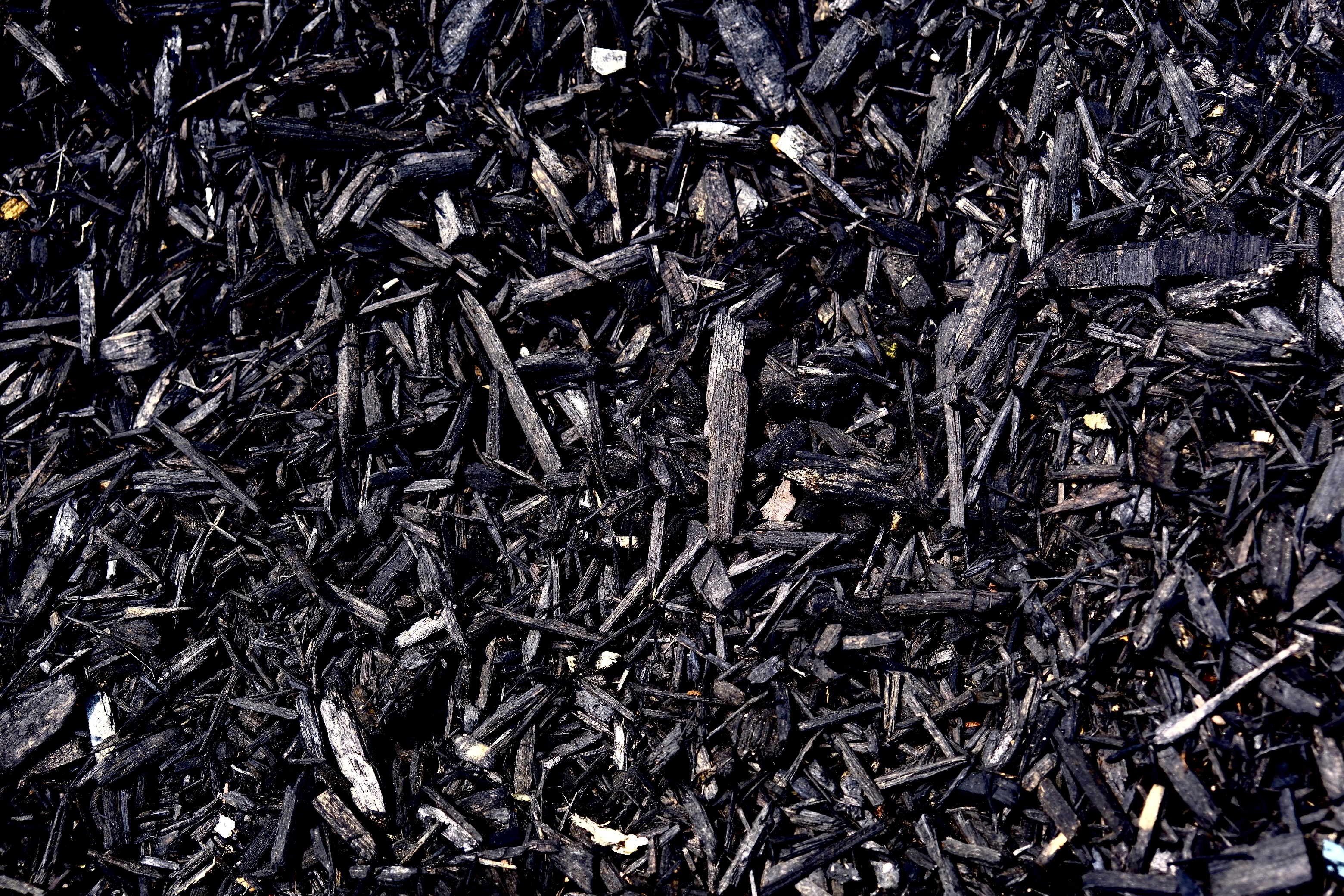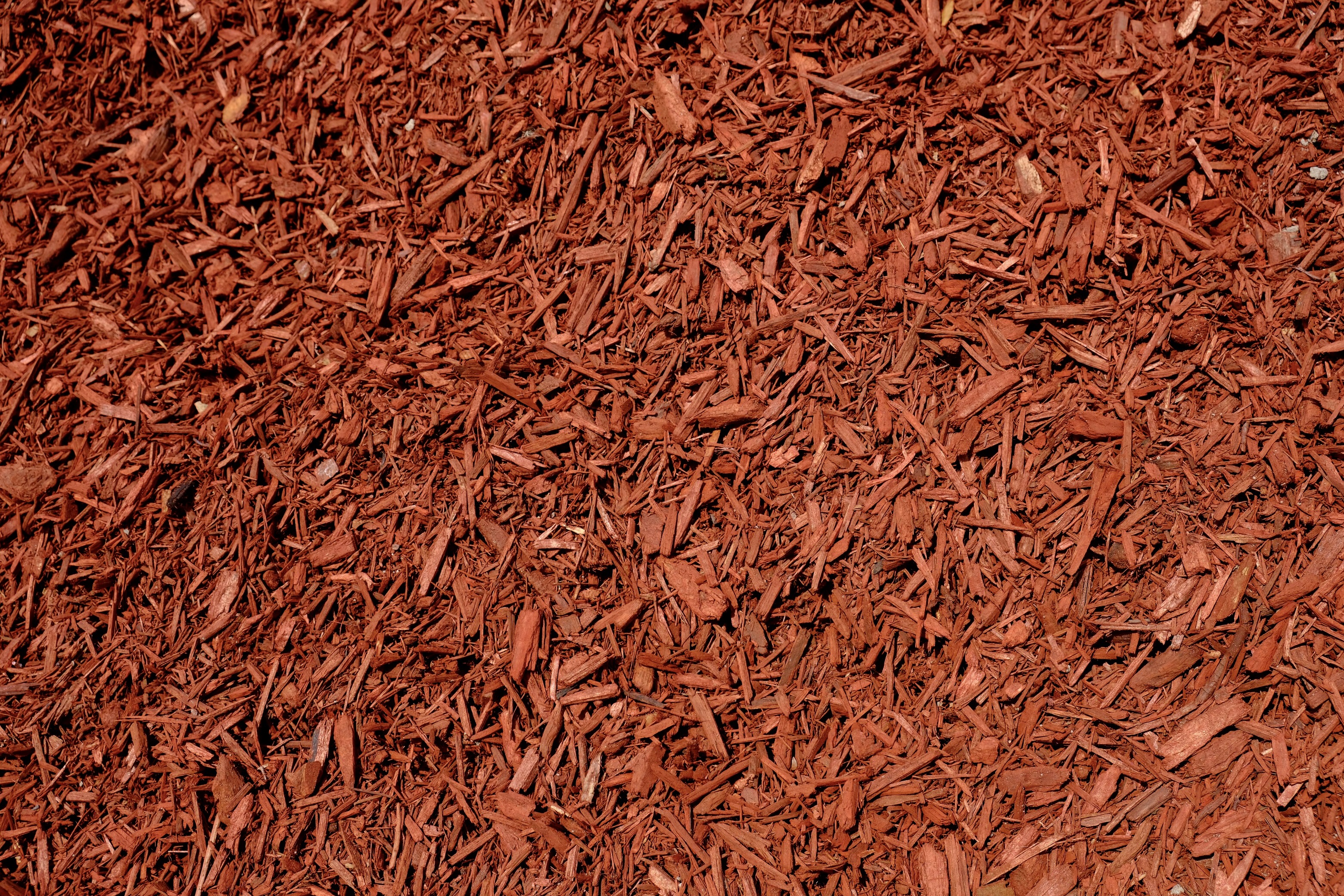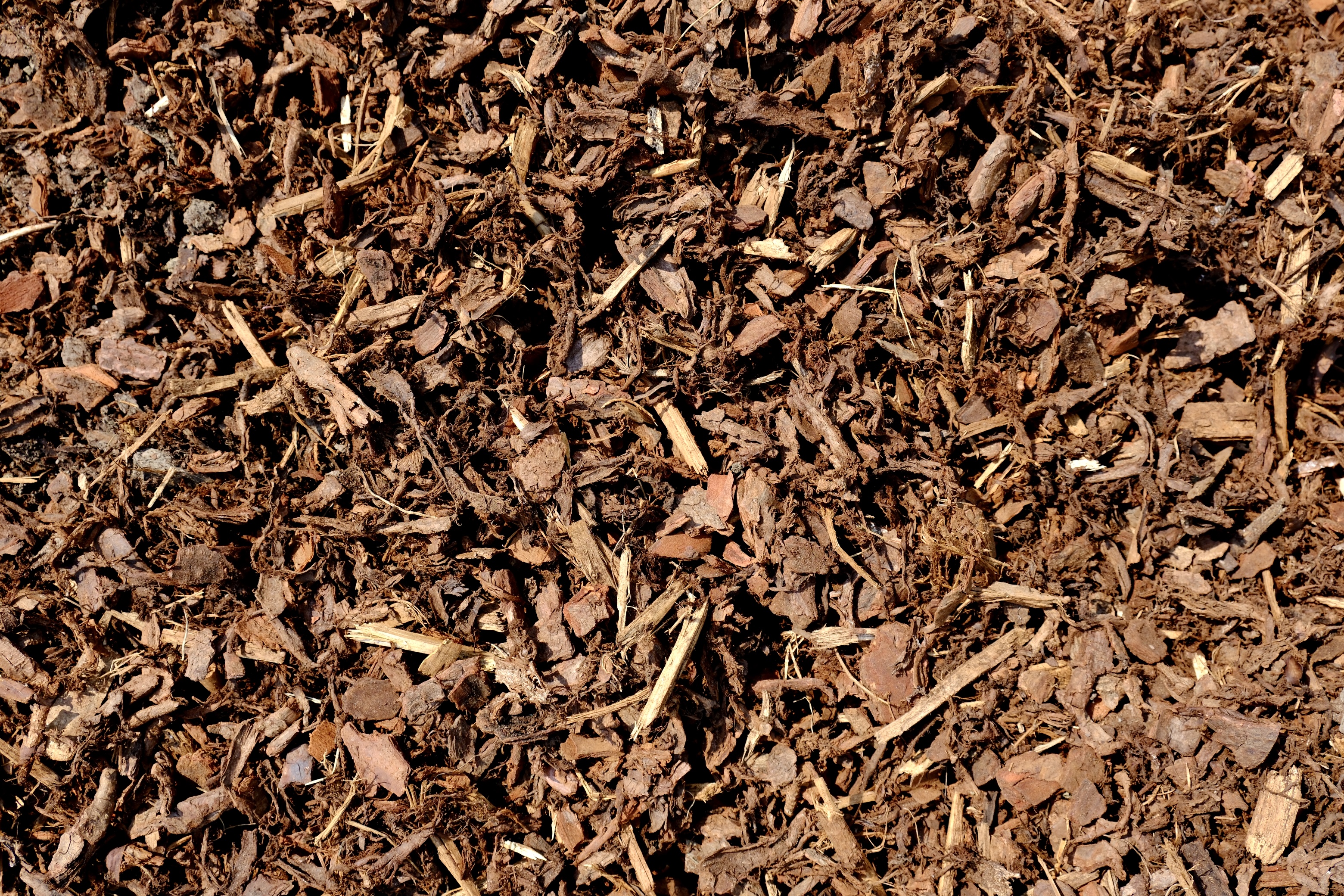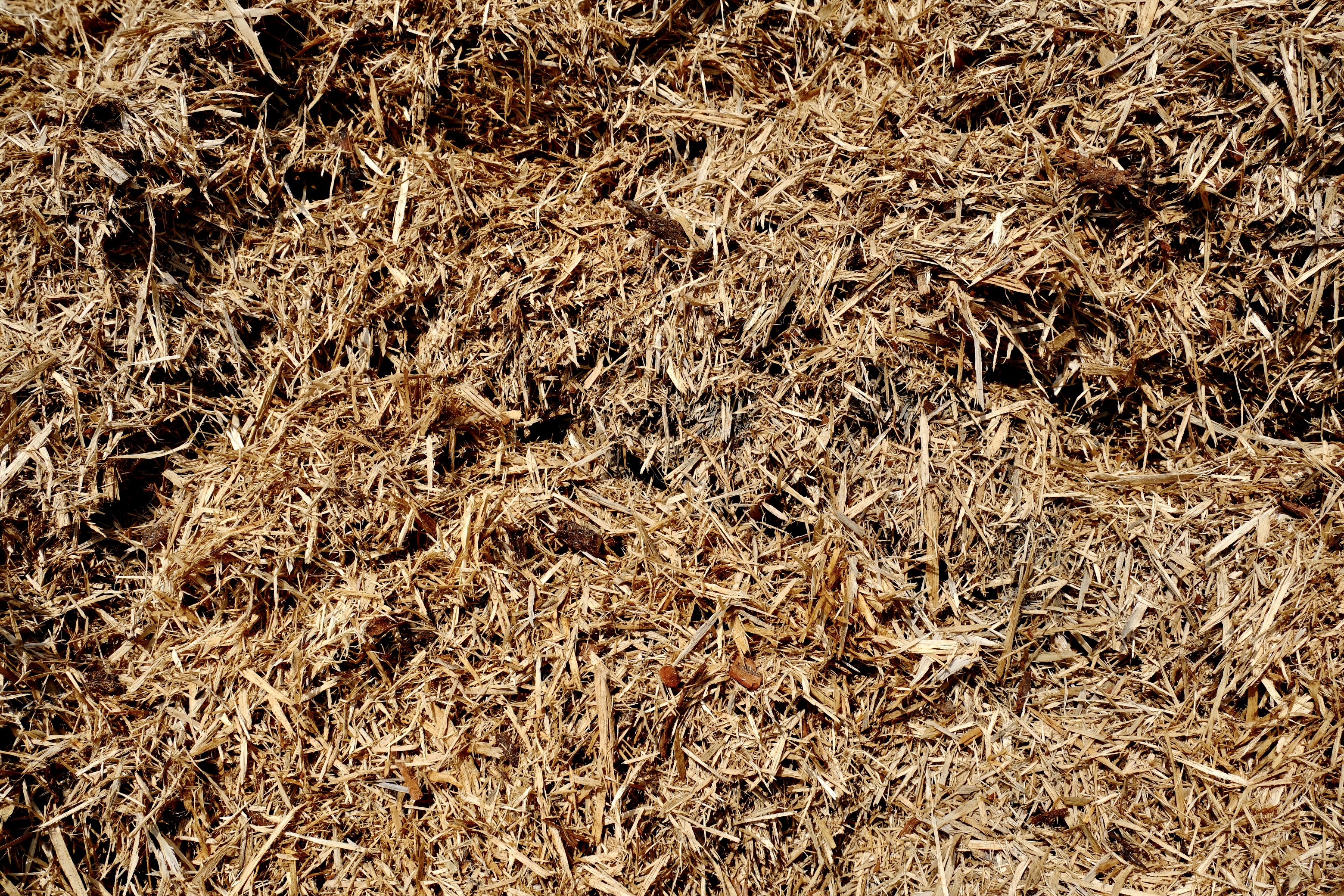Address: 62-66 Wurruk Way, Wurruk
Mulches & Bark
Mulch that works hard so your garden thrives.

Wurruk Garden Supplies is rated 4.5 stars
Frequently Asked Questions
1. What is the best mulch for my garden?
The best mulch depends on your needs. Fine mulches like composted bark break down quickly, enriching the soil, while coarse mulches like pine bark last longer and suppress weeds.
For veggie gardens, organic mulches like sugar cane or pea straw are ideal, while decorative mulches like red gum or black mulch enhance landscaping.
2. How does mulch benefit my garden?
Mulch helps retain moisture, regulate soil temperature, suppress weeds, and improve soil health as it breaks down. It also protects plant roots from extreme weather and reduces water evaporation, making it essential for sustainable gardening.
3. How often should I replace mulch?
Organic mulches break down over time and should be topped up every 6–12 months to maintain their benefits. Hardwood and bark mulches last longer but may need refreshing every 1–2 years, depending on weather conditions and garden needs.
4. What’s the difference between bark and mulch?
Mulch is a broad term for any material spread over soil to protect and improve it. Bark mulch is specifically made from tree bark and tends to last longer, making it great for decorative and low-maintenance gardens. Other mulches, like straw or wood chips, decompose faster and improve soil health more quickly.
5. How thick should I apply mulch?
A 5–10cm layer is ideal. Too little won’t suppress weeds or retain moisture effectively, while too much can prevent water from reaching plant roots. Spread evenly, keeping it a few centimetres away from plant stems to prevent rot.
6. Which mulch is best for weed control?
Coarse, chunky mulches like pine bark, red gum, or black mulch are best for suppressing weeds as they create a dense barrier. Applying a weed mat underneath can provide extra protection in problem areas.
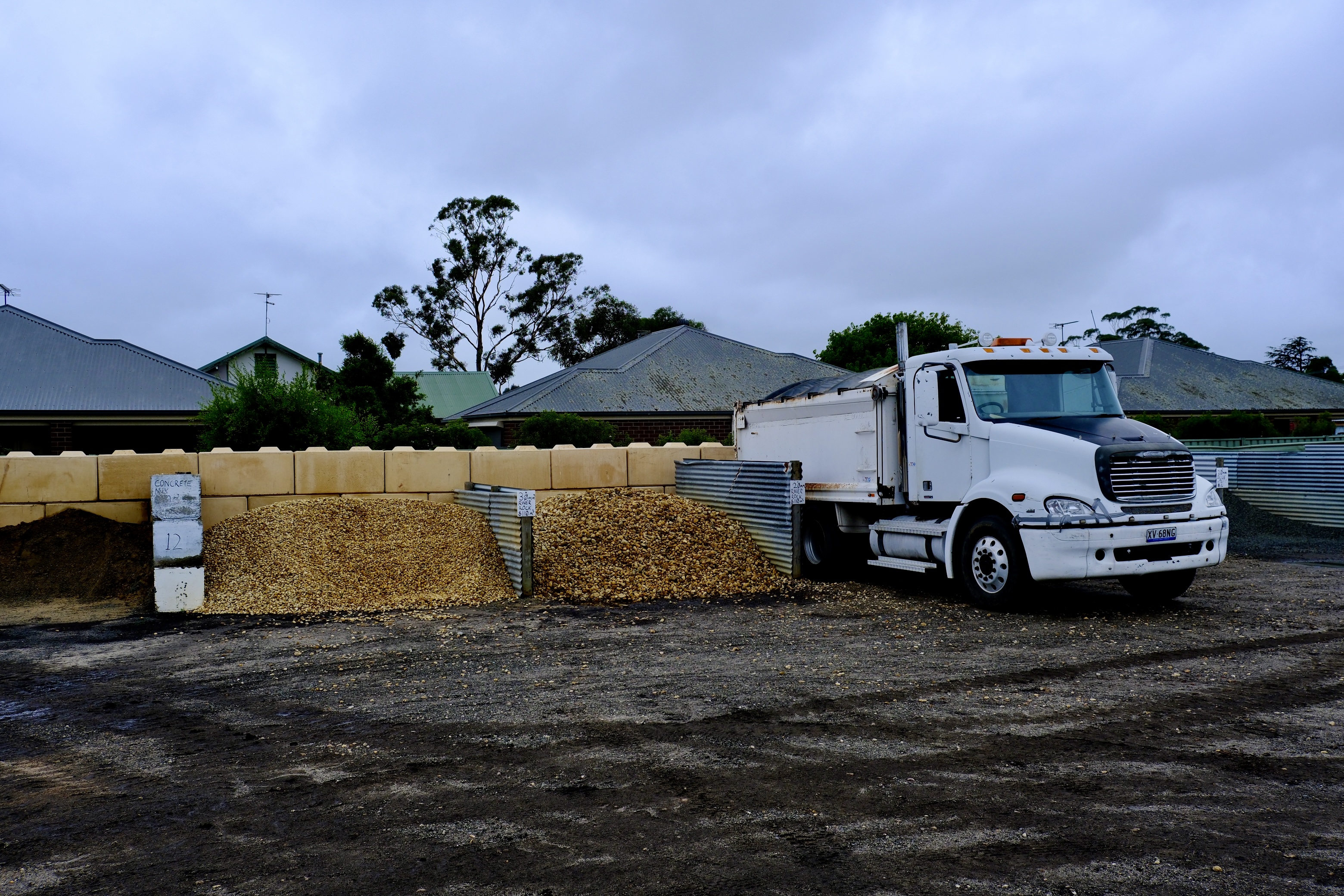

We build strong partnerships with builders, landscapers, and suppliers.
Find out how to become a trade partner with Wurruk Garden Supplies.

We build strong partnerships with builders, landscapers, and suppliers.
Find out how to become a trade partner with Wurruk Garden Supplies.

